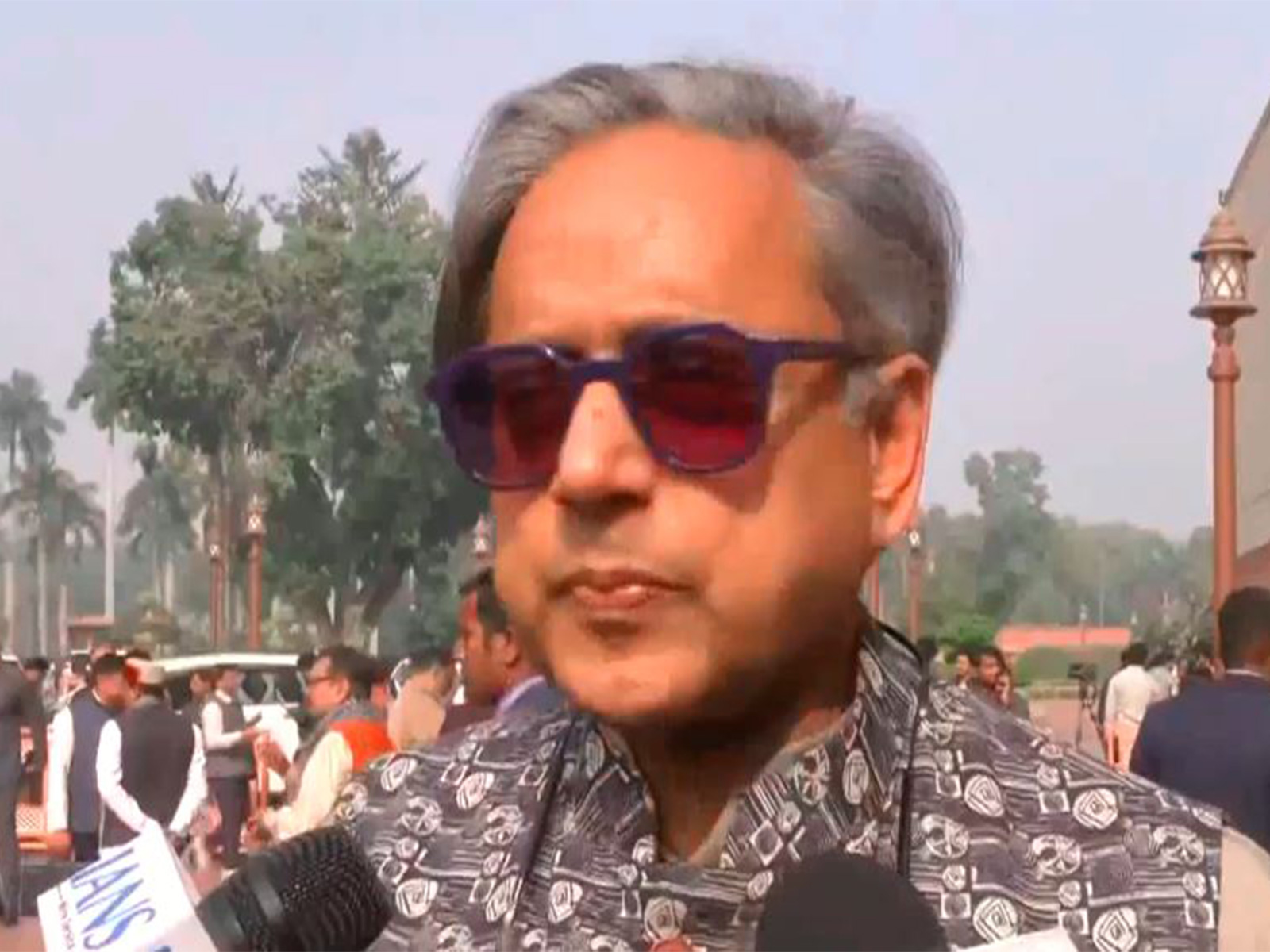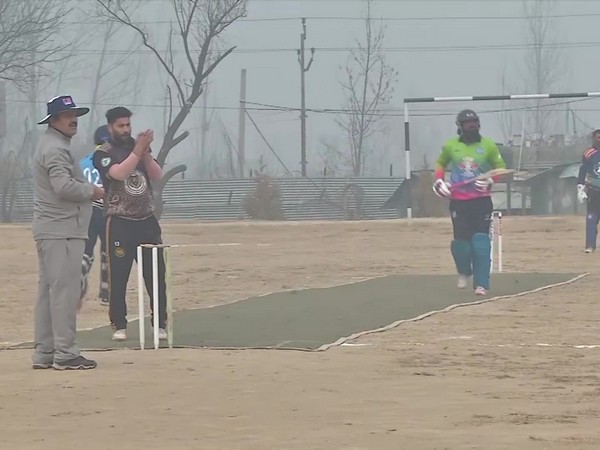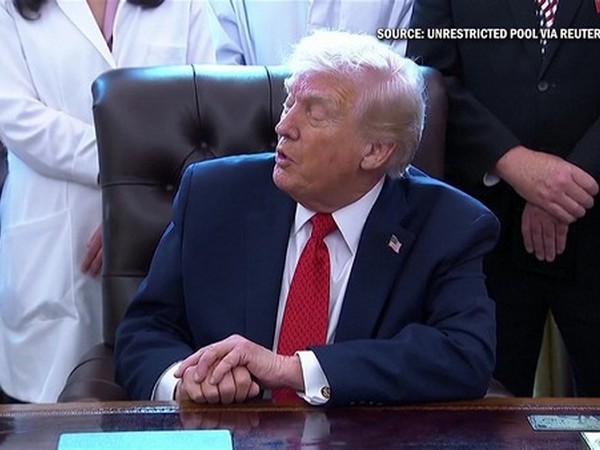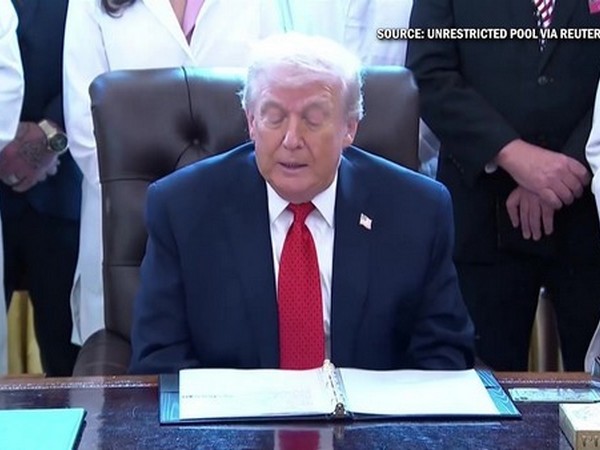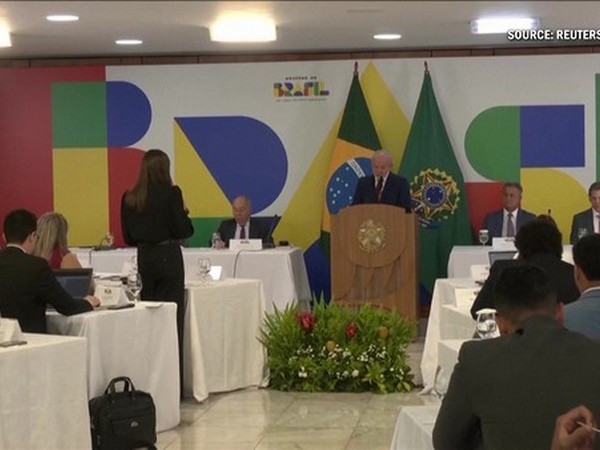'Negatively': How the world sees China has shifted in the Xi era
Oct 01, 2022

Washington [US], October 1 : Global opinion of China, under Chairman Xi Jinping, has shifted and become more negative, according to a Washington-based think tank.
Multiple factors have affected views of China over time in several countries, including the US, South Korea, Japan and Australia.
The Pew Research Center research says the sense that China has handled COVID-19 poorly and is at fault for the virus's spread certainly is related to negative opinions of the superpower, but is not the only factor driving attitudes. "Rather, negative views of China were already rising prior to the pandemic," it says.
President Xi Jinping - who is likely to secure the third term at the 20th National Congress of the Chinese Communist Party (CCP) in Beijing on October 16 - is also seen quite negatively.
"Xi has been in power in China for the past decade, one marked by global feats like building an international space station, hosting the 2022 Winter Olympics and pouring billions of dollars into international infrastructure through the ambitious Belt and Road Initiative," the study says.
But his tenure has also involved controversial island construction and militarization in the South China Sea, widespread protests in Hong Kong and human rights abuses against Uyghurs, as well as a centralization of power and elevation of himself not seen since Chairman Mao Zedong, according to Pew.
Views of President Xi Jinping - which were already quite negative in 2014, just about a year after he took office - have become increasingly negative in recent years.
According to the survey, the sense that China's power and influence on the world stage is growing is both widespread and long-held. As of this year, a median of 66 per cent across 19 countries say that China's influence in the world has recently been getting stronger, including seven-in-ten or more in Australia, Italy, Israel, Greece and the Netherlands.
On the human rights front, China has long been seen to have a problematic human rights record particularly in advanced economies.
In the U.S., Canada, Australia, South Korea, Japan and every European country surveyed, a majority has consistently said that the Chinese government does not respect the personal freedoms of its people since the question was first asked in 2008.
"The places where people are particularly concerned about China's involvement in their domestic politics; or China's neighbours, which are particularly concerned about China's military; or places that view China's human rights as a particular problem tend to have more negative views of China," Laura Silver, co-author of the report and senior researcher at the Pew Research Center, told VOA Mandarin.


